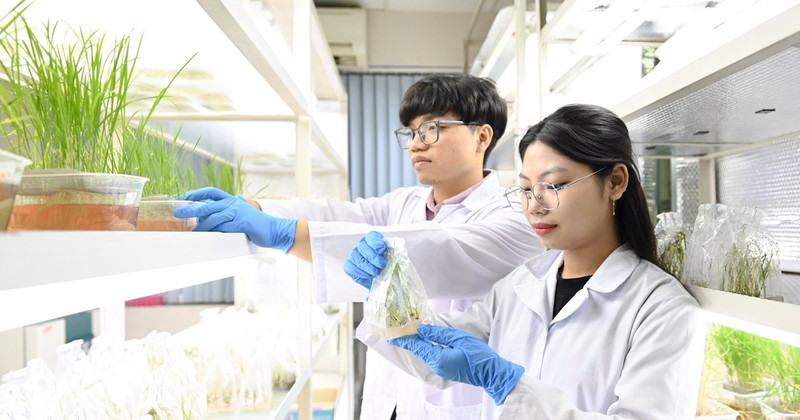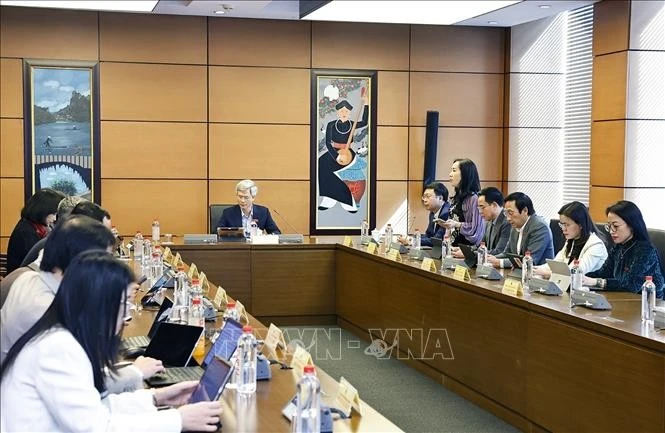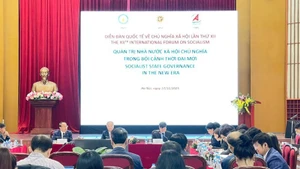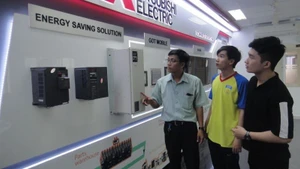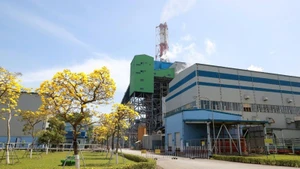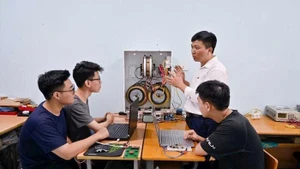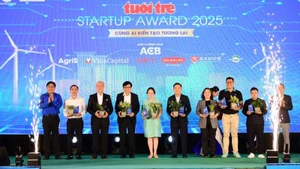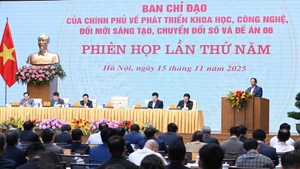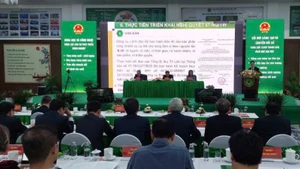This field is rapidly emerging thanks to urgent societal needs and its wide applicability in key sectors such as medicine, agriculture, energy, and environmental protection.
A pivotal opportunity
Against this backdrop, Viet Nam — with its rich natural conditions, high biodiversity, and abundant young labour force — is poised for a pivotal opportunity to develop its biotechnology sector in a sustainable direction. Globally, biotechnology is advancing along the trends of globalisation and personalisation, offering not only significant economic potential but also a foundation for deep and wide-reaching innovation in the future.
One of the most groundbreaking directions is precision medicine, where treatments are tailored to each patient’s unique genome. Thanks to significant advancements in genome sequencing technology, the cost of sequencing DNA has plummeted from around 3 billion USD in 2003 to just about 600 USD today. This marks a revolutionary turning point in molecular biology and precision medicine, paving the way for genetic medicine to become mainstream rather than limited to research.
Similarly, precision agriculture is seeing expanded applications of biotechnology in breeding crops and livestock with enhanced resistance to pests and climate change. This reduces reliance on harmful pesticides and agricultural chemicals. Environmental biotechnology is being used to treat wastewater, emissions, and solid waste through enzymes and microorganisms — contributing to a circular economy where resources are maximally reused and pollution is managed at the source. Additionally, energy biotechnology is opening new paths for biofuel production from rice straw, sawdust, algae, and other biomass sources, significantly helping to reduce greenhouse gas emissions.
According to Global Market Insights, the global biotechnology market reached 752.88 billion USD in 2020 and is projected to exceed 2.1 trillion USD by 2030, with a compound annual growth rate (CAGR) of 12%. This reflects the growing importance of biotechnology in the new economic structure and its role in shaping future industries.
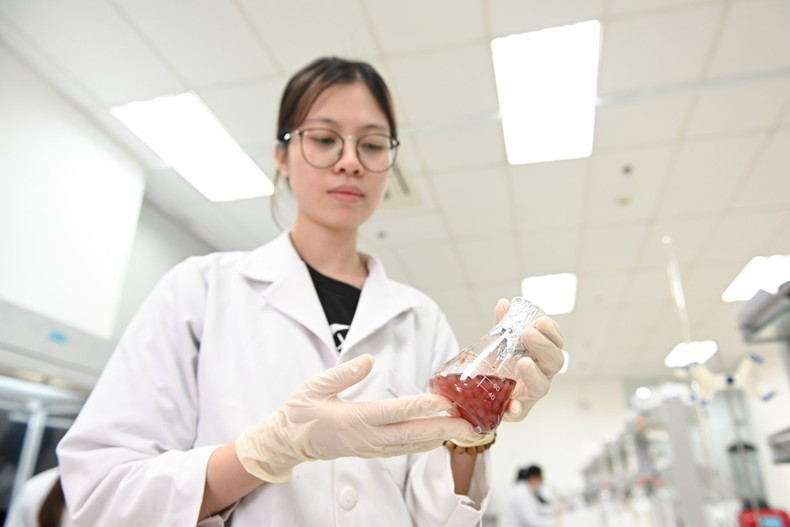 |
| The development of human resources is a key factor in ensuring national endogenous capacity. (Photo: THE DAI) |
Pillars of development strategy
In Viet Nam, biotechnology has been identified as one of the country’s leading science and technology sectors. The national biotechnology development strategy is built on four key pillars: improving the legal framework, developing high-quality human resources, promoting international cooperation, and increasing investment in research and application.
Firstly, improving the legal framework is a prerequisite to removing institutional barriers for businesses and scientific organisations. The current Law on Science and Technology needs to be amended to better align with the specific characteristics of biotechnology — a field in which innovation demands high flexibility, rapid progress, and the ability to accept certain risks. International experience shows that establishing regulatory sandboxes has helped countries like Singapore, Japan, and the Republic of Korea (RoK) foster innovation in high-tech fields such as biotechnology and artificial intelligence.
Secondly, human resource development is a crucial element in building national capacity. Biotechnology training should shift strongly from theory to practice, and from basic research to applied orientation. For example, in the RoK, biotechnology training programmes are directly integrated with “bio clusters” in Daejeon, Osong, and Incheon — hubs of research institutes, businesses, and leading bio-manufacturing facilities. Graduate students engage directly in vaccine, biopharmaceutical, and biomedical device projects during their studies, helping bridge the gap between training and labour market needs.
Thirdly, in a globally connected world, Viet Nam cannot develop biotechnology in isolation. International cooperation in research, technology transfer, venture capital, and global value chain building is essential for fast and effective growth.
Singapore has successfully attracted major biotechnology corporations like Novartis, GlaxoSmithKline, and Thermo Fisher Scientific to establish R&D centres by offering tax incentives, strong investments in scientific infrastructure, and fostering connections among universities, research institutions, and businesses. Viet Nam must likewise improve its biotechnology investment policies to be more proactive, transparent, and globally competitive so as to attract major corporations to set up research and development (R&D) centres domestically.
Finally, priority must be given to investing in key biotechnology research centres. Establishing high-tech bio-industrial clusters that link research institutes with businesses will help build an innovation ecosystem and accelerate the commercialisation of biotech products.
Emphasising breakthrough solutions and tasks
At the 2025 Viet Nam Science and Technology Day, Deputy Prime Minister Nguyen Chi Dung emphasised that science and technology hold the “most important breakthrough” and are the “main driver” for restructuring the economy, establishing a new growth model, and turning Viet Nam into a developed and high-income country by 2045. Amid numerous challenges, this is also a "golden opportunity" for Viet Nam to make a leap forward.
The Party, state, and government have identified science and technology as the shortest path and a vital factor in realising the aspiration for fast, sustainable, inclusive, and autonomous development. This sector not only provides the engine for economic growth but also serves as the foundation for building a prosperous Viet Nam, acting as a strategic tool for enhancing labour productivity, protecting the environment, responding to climate change, and improving the quality of people's life.
Building on this spirit, ministries, sectors, localities, and the scientific community must join forces to simultaneously implement breakthrough tasks and solutions including continuing the improvement of institutions and legal frameworks to “unlock” the potential of science and technology — especially biotechnology; strengthening the role of standards, measurement, and quality; developing a national innovation ecosystem; promoting basic research toward mastering strategic and core technologies; cultivating a high-quality workforce; boosting the application of science and technology across all sectors of the economy; and advancing science diplomacy and international integration.
The Politburo’s Resolution No.36-NQ/TW on the development and application of biotechnology for sustainable national development in the new era sets the goal for Viet Nam to become one of Asia’s leading biotechnology countries, contributing 7% to GDP by 2030 and approximately 10–15% by 2045.
The distinguished physicist Freeman Dyson once declared: “If the 20th century was the golden age of physics, then the 21st century will be the era of biology.”
